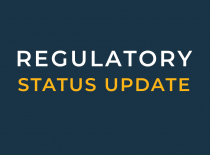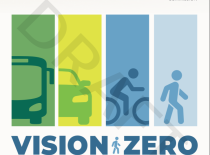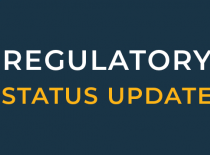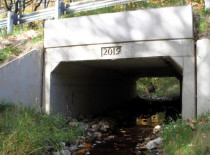Keyword: 2
This Regulatory Update provides a status on projects currently under review by the Cape Cod Commission. Visit www.capecodcommission.org/regulatory for a full overview of our Regulatory program and answers to frequently asked questions.
May is Bay State Bike Month, a celebration of two-wheeled transportation organized by MassBike, the state's bicycle advocacy organization. This month-long event highlights the many benefits of biking and encourages more people to try it. On Cape Cod, a number of projects are underway to improve access for cyclists and pedestrians, bringing the region closer to realizing Vision 88, an effort to create a network of off-road shared use paths from Woods
May is National Historic Preservation Month, a time to celebrate the importance of preserving the places that shape our communities and reflect our shared history. On Cape Cod, historic preservation plays a vital role in protecting the character and charm that define the region.
Commission staff recently presented the Year One CEDS Annual Report to the Barnstable County Economic Development Council (BCEDC), detailing the region’s progress on the 2024-2029 CEDS. Highlights from the first year include efforts that support zoning reform, climate planning, infrastructure investment, housing incentives, and broadband expansion.
The Cape Cod Metropolitan Planning Organization (MPO) welcomed Luisa Paiewonsky, Executive Director of the Megaprojects Delivery Office of the Massachusetts Department of Transportation (MassDOT), to its May 19, 2025 meeting for an update on the progress of the Cape Cod Bridges Program.
The Cape Cod Commission invites members of the public to get involved with the ongoing Route 6A Transportation Visioning Study and to share their experiences along the roadway using the online public comment tool or attend an upcoming public meeting.
The Cape Cod Commission has released the draft Cape Cod Vision Zero Action Plan for a 21-day public comment period. The Vision Zero Action Plan is a comprehensive safety action plan to reduce and eliminate serious injury and fatal motor vehicle crashes affecting all roadway users on Cape Cod by 2050. Informed by extensive public outreach, the Plan was developed in close coordination with all 15 towns and the Vision Zero Advisory Committee.
A framework for establishing a Cape Cod Housing Trust and Housing Land Bank is complete. Created in collaboration with consultants Outwith Studio and Utile along with land bank consultants out of Ohio, the framework provides recommendations and next steps for potentially establishing the entity(ies) based on feedback received from stakeholders at numerous meetings throughout the fall and early winter. The framework emphasizes sustainable development and the importance of community engagement in ultimately bringing the entities to life.
A status on projects currently under review by the Cape Cod Commission.
The Massachusetts Division of Ecological Restoration (DER)'s Culvert Replacement Municipal Assistance (CRMA) Grant Program and Training Site Initiative is seeking proposals from municipalities, local government units, and federally recognized and state acknowledged Tribes interested in replacing or removing undersized, perched, and/or degraded culverts or bridges in MA located in areas of high ecological value. The purpose of this funding is to encourage applicants to replace aging culverts with better designed crossings that meet improved structural and environmental design standards and flood resiliency criteria. Applications are due Monday, May 12 at 4pm.









